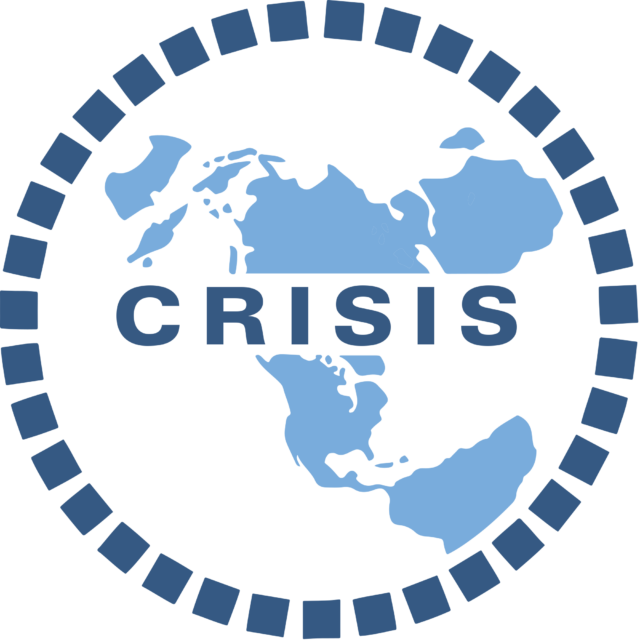Committee Overview
The Council of the Baltic Sea States (CBSS) is an intergovernmental political organization. CBSS membership included Russia when originally established in 1992 after the end of the Cold War. Now, ten states remain: Denmark, Estonia, Finland, Germany, Iceland, Latvia, Lithuania, Norway, Poland, and Sweden, along with the European Union. Notably, the membership is diverse, with Nordic democracies, former Warsaw Pact states, post-Soviet countries, and the EU all represented. This body strives to promote regional cooperation, stability, and sustainable development among countries bordering the Baltic Sea or with historical ties. The CBSS offers an opportunity for strategic coordination on shared challenges in the Baltic Sea area. It is important to note that it is not a legal or military organization but instead is a platform for discussion. This region has increasingly become a focus of geopolitical tension, particularly after Russia’s invasion of Ukraine in 2022. In response, members suspended Russia’s participation in the Council until Russia formally withdrew itself that same year. This ended 30 years of CBSS participation for Russia. In committee, delegates will need to balance national interests, collective security, and economic cooperation to safeguard the Baltic Sea region as security challenges evolve.
Topic: Securing the Frontier
The Baltic Sea and its surrounding states have become of enormous importance as the Russia-Ukraine War continues and when it comes to defending Europe against potential Russian invasions. In the past three years, the Baltic Sea has experienced an increase in defense and surveillance activities. NATO allies seek to monitor and deter the Russian military, as Russia is targeting and sabotaging infrastructure, such as electricity and gas pipelines. If Russia plans to expand its aggression, many believe that the Baltic Sea could serve as Europe’s primary line of defense. In response, the Council of the Baltic Sea States has chosen to take a hardline stance against Russia. Delegates in the Council of the Baltic Sea States make up an organization of ten states with defense and security interests related to the Baltic Sea and the European Union. United by a strong sense of regional identity, they seek to ensure long-term security and prosperity, prioritizing cooperation and foreign policy to avoid outright conflict. Delegates will be tasked with addressing and countering Russian aggression. They must also answer questions of balancing defense with maintaining peace in the region while simultaneously ensuring economic and political stability at home. The main goal of the committee shall be to ensure stability and peace in the region.

